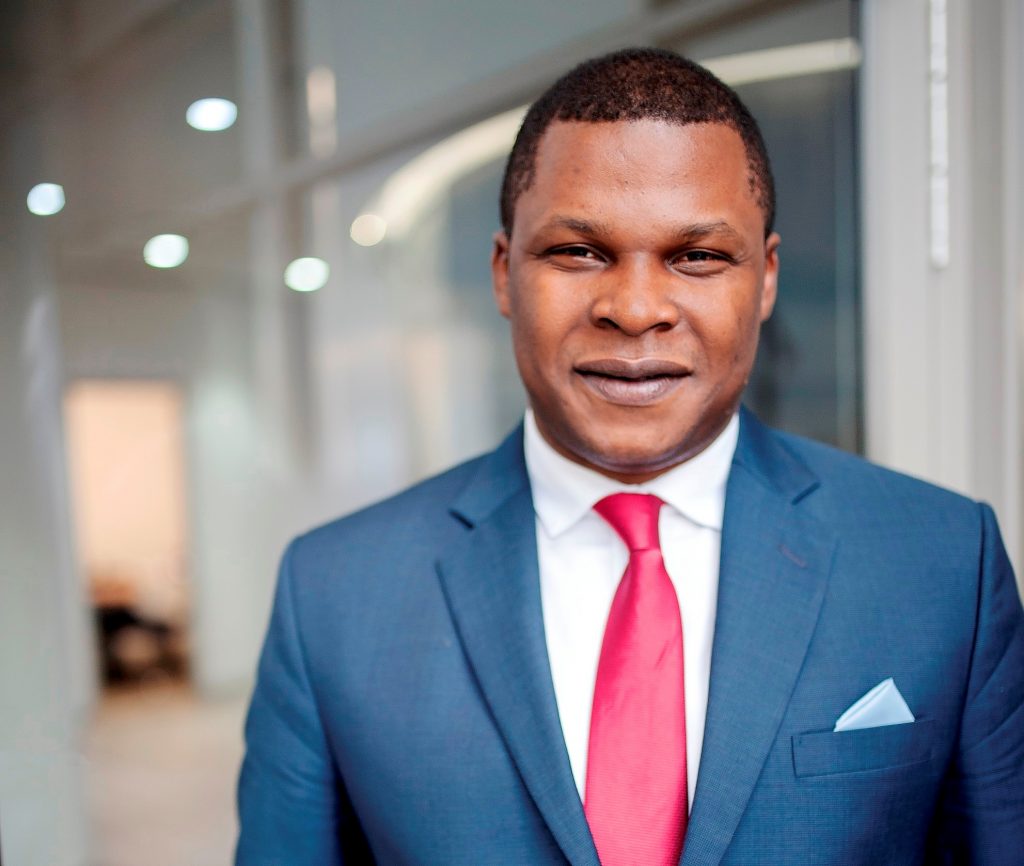NJ Ayuk is the current chairman of the African Energy Chamber and author of ‘Big Barrels: African Oil and Gas and the Quest for Prosperity’ and ‘Billions at Play: the Future of African energy’.
Dreams Talks: Thank you very much for accessing this interview with dreams Talks for Africanian.com please tell us, as a man in Law, who strives through his work to ensure that business, and especially oil and gas, impacts African societies in a positive way and drives local content development. Being part of the biggest energy deals on the continent, been a key advisor and legal counsel to international and national oil companies such as Lukoil, Gazprom and Rosneft, facilitating transactions with several African governments.
How will Covid-19 transform dynamics and future market trends within the African energy industry?
NJ Ayuk: The Covid-19 pandemic has further highlighted Africa’s continued vulnerability to external chocks. This will lead to a much bigger push for the localisation of our value-chains in the future. As a result, we can expect local content development, and the regionalisation of the African content, to be even more critical components of public policy and investments post Covid-19. Similarly, Covid-19 has further exposed Africa’s continued dependence on oil export revenues and economic diversification is expected to receive much more support moving forward. This will be especially relevant in countries such as Nigeria, Angola, Equatorial Guinea, Congo Brazzaville and Gabon. We can expect natural gas to become the new big resource over oil, especially when it comes to monetizing it at home across applications such as petrochemicals, fertilizers, cement, manufacturing etc.
Dreams Talks: What will be the impact of the energy transition on investment within African hydrocarbons?
NJ Ayuk: Africa has embraced energy transition but in very different ways according to countries. While South Africa or Kenya have managed to attract substantial investment into wind and solar energy for several years now, other countries like Nigeria and Angola are just only beginning to develop their first large-scale renewable energy facilities. These are positive developments that need to be encouraged.
On the other side, there is no doubt that the global shift towards decarbonisation is putting pressure on commodity prices and affecting long-term demand for fossil fuels. As a result, attracting capital into African hydrocarbons is becoming more challenging and requires African nations to be more competitive.
Regardless, lets remember that an energy mix is only as strong as it is diversified. Renewable energy is only successfully integrated into the grid with a secured base load power, only achieve with thermal sources like natural gas. Natural gas is the African energy of the future, and the required foundation for the continent to succeed in its energy transition.
Dreams Talks:
As a leading energy lawyer and a strong advocate for African entrepreneurs, well recognized as one of the foremost figures in African business today.
To what extent does our continent depend on energy imports?
NJ Ayuk: Africa does not import energy but finished products such as fuel or gasoline. However, the continent’s energy sector does remain dependent indeed on imports of critical components and equipments required to generate electricity. From thermal power plants to solar PV facilities, most equipment is still manufactured abroad then imported into the continent, which negatively affect local value generation and jobs creation.
Dreams Talks: Which measures can be taken to further attract investment within Africa’s energy infrastructure?
NJ Ayuk: Africa needs to do a better job at competing for foreign investments. This is especially relevant when it comes to our foreign exchange policies in the CEMAC Zone, or to overall fiscal terms in key jurisdictions. Given current liquidity constraints all over the world, a major avenue to finance our energy infrastructure lie in the mobilisation of domestic currency and capital. African institutional investors or high net worth individuals need to be given better opportunities to invest into the future of the continent and provide alternative funding solutions within a post Covid-19 era.
Dreams Talks:
A Global Shaper with the World Economic Forum and a well-known dealmaker in the petroleum and power sectors, who is dedicating his career to helping entrepreneurs find success and to building the careers of young African lawyers.
What does the future like for the next generation in the industry? Could you share the vision and a message of hope for the youth in these resilient times?
NJ Ayuk: The jobs of the future will be the ones supporting digitalisation and sustainable development. I would encourage all African young women and men to invest in their education and ensure they give themselves the tools to form a competitive workforce within a digital world. The creativity that young Africans have is precious but can only be valorised if it is able to contribute to the digitalisation of our economies.
Thank you very much for your time Mr. Ayuk, we hope to have you again soon.
———————————————————————————————————————–
